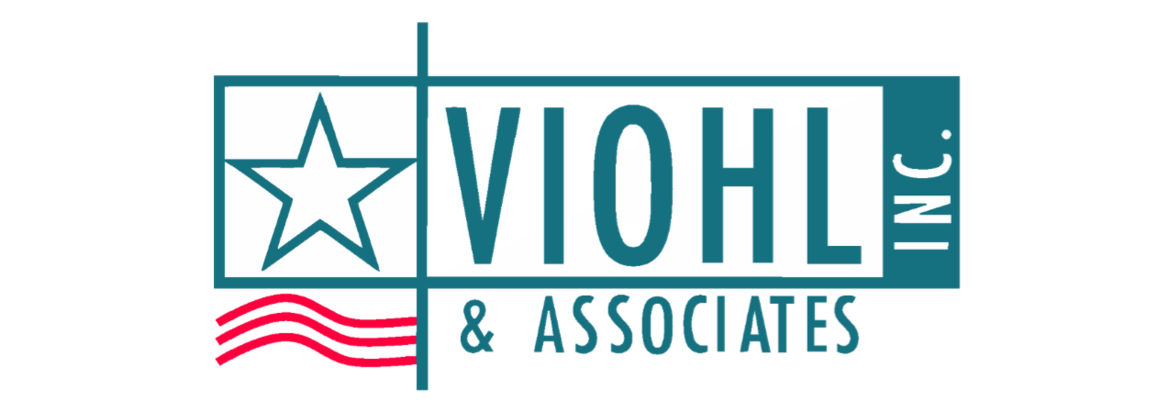In the States
MT: Governor Steve Bullock announced he is directing $5 million in federal funding from the CARES Act to expand assistance for the approximately 18,000 beneficiaries of Montana’s Low Income Home Energy Assistance Program (LIHEAP). Funds will also be used for a new COVID-19-specific energy assistance program that will support approximately 6,000 additional households. The new funding will be automatically applied to LIHEAP beneficiaries’ electrical bills. Individuals not already receiving LIHEAP assistance will be able to apply to the new COVID-19 energy assistance program. “Montana families shouldn’t have to choose between putting food on the table and paying their utility bill,” Governor Bullock said in a press statement. “This funding is critical to keeping families afloat and will give peace of mind to thousands of current LIHEAP clients, and to thousands more Montanans who will now be eligible for the program.” Bullock expands energy assistance funding – NBC Montana
ND: As North Dakota’s Coal Creek Station plans for closure, Governor Doug Burgum and other leading public officials vowed to rescue the coal plant. Great River Energy, the Minnesota utility company that owns the plant, is closing Coal Creek Station as part of its plan to reduce its carbon footprint. Under the current plan, Coal Creek Station will be shut down in the latter half of 2022 and replaced by 1,100 megawatts (MW) of wind energy generation purchases. Governor Burgum called the decision to close the plant “disappointing” and noted that the Coal Creek plant is the state’s most advanced and efficient coal-fired plant. In a statement, the Governor said he and his administration are “more determined than ever to find a path forward for Coal Creek Station that preserves high-paying jobs,” and are “committed to bringing stakeholders to the table to evaluate all options and find opportunity in this uncertainty”. Governor Burgum’s request for reconsideration of the closure decision was joined by United States Senator Kevin Kramer (R-ND), who said state leaders “must look at all available options moving forward.” Great River Energy to exit coal, close 1.15 GW plant, but North Dakota governor vows rescue – Utility Dive
NY: Governor Andrew Cuomo is calling for the construction of new power lines to deliver wind- and solar-generated electricity from Canada and upstate to the New York City metro area. He is also considering resuming a plan to deliver hydropower from Canada to New York that has been in suspension for several years. As coronavirus cases in New York begin to slow, Governor Cuomo hopes that these projects will help revitalize the state’s bruised economy. “Let’s run the transmission lines from Canada to New York City and get that power down here,” Governor Cuomo said. “Let’s stop talking and let’s start doing.” In addition to the economic benefits of these new energy infrastructure projects, Governor Cuomo is promoting these projects to help reach his previously-set clean energy goals. “We know we can generate renewable power upstate. We know we need it downstate,” Cuomo said. “Let’s build the cross-state transmission lines to develop that renewable market upstate.” Cuomo Calls for Canada-to-New York City Power Line to Deliver Clean Energy – Financial Post
WY: In response to worsening revenue projections for Wyoming’s oil market, Governor Mark Gordon announced that his administration will continue advancing the Power Wyoming initiative. Launched in 2019, Power Wyoming is an expert-led task force to investigate future options for Wyoming’s energy-dependent economy. While Power Wyoming’s initial objective was to study the changes in the energy sector and identify potential economic dangers for the state as the market changed, Power Wyoming now will focus on adjusting to systemic declines in the value of coal and shifting the economy from reliance on oil in the midst of a pandemic-caused oil bust. Although Power Wyoming must seek solutions to the state’s impending fiscal challenges, Power Wyoming will not have any role in deciding potential cuts to the state budget.. Power Wyoming to respond to big revenue losses from oil, gas and coal downturn – KPVI Wyoming News
National
Twenty-two states joined by several large cities filed suit against the Trump administration over the Safer Affordable Fuel Efficient (SAFE) Vehicle rule. The new rule replaces an Obama-era mandate requiring automakers to increase fuel economy across their vehicle lines by five percent annually, instead requiring manufacturers to only achieve a 1.5% increase in fuel economy per year. The suing states and cities contend that the SAFE rule endangers public health, is unlawful, and was justified by poor scientific analysis, while the Trump administration argues that the science is sound and that the new rule could create considerable savings for consumers. This lawsuit comes as the latest escalation in an ongoing conflict between Democratic-led states and the Trump administration; until now, Democratic Governors and Attorneys General have used the courts to fight the Trump administration’s push to loosen some environmental regulations. This major lawsuit is likely to be decided by the Supreme Court, and could have significant consequences for the plaintiff states and cities who have enforced tighter automotive pollution standards than those required by the federal government. Battle between Trump and California over car pollution heads to court – The Los Angeles Times
